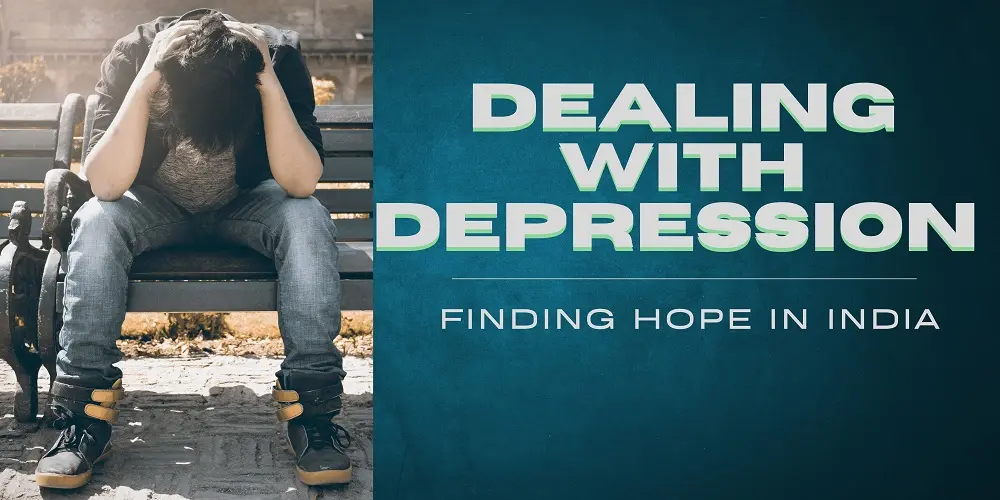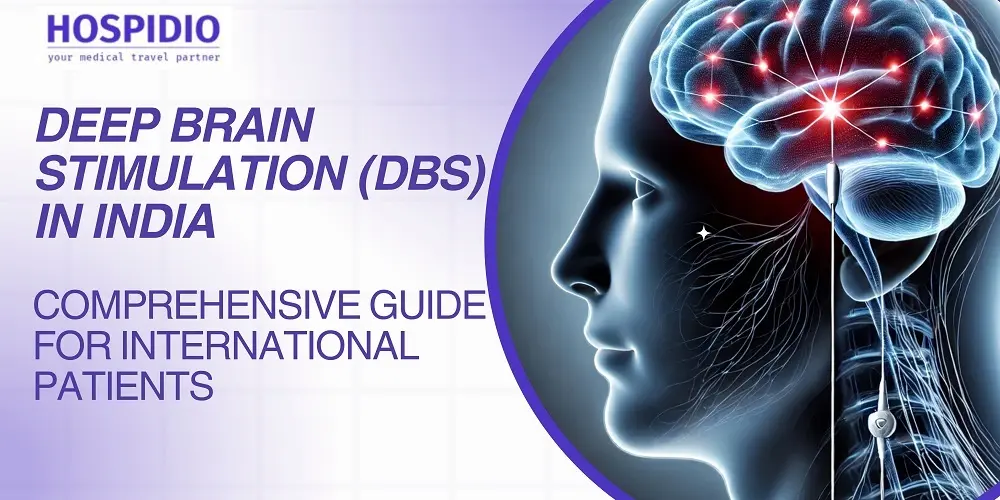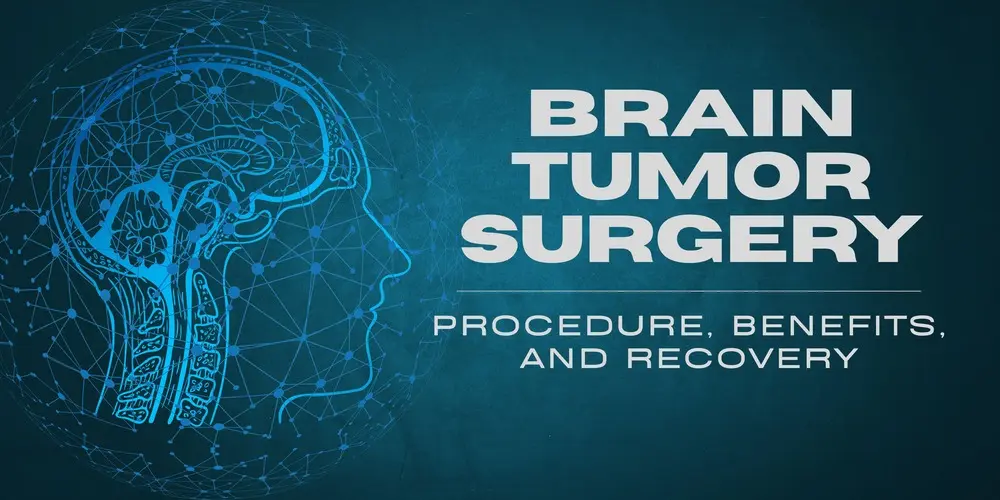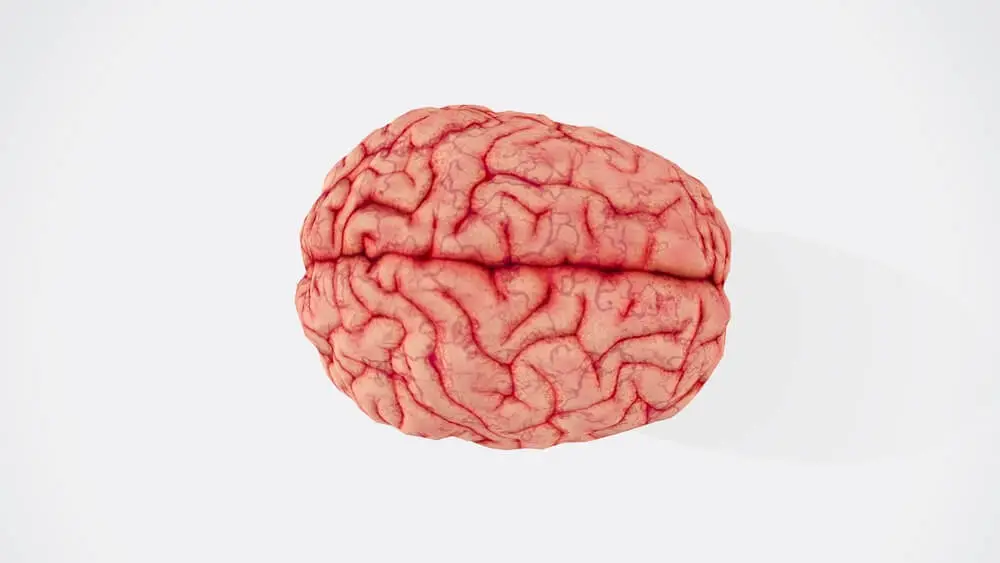Depression, often called the “silent epidemic,” affects more than 280 million people globally and represents a major public health challenge in the 21st century. While everyone experiences periods of sadness, depression is a persistent mental health condition that impacts daily functioning, relationships, and overall well-being. The stigma surrounding mental illness, especially in many parts of the world, continues to delay diagnosis and treatment—leaving millions with unnecessary suffering.
Get a free cost estimate
Modern healthcare systems are increasingly recognizing mental health as equally important as physical health. Among leading destinations for mental health care, India stands out—not only for its advanced medical infrastructure and affordable treatments but also for its cultural sensitivity and holistic healing traditions. For international patients, India offers a unique blend of modern psychiatry and traditional approaches, supported by compassionate specialists and world-class facilities.
Whether you are struggling with depressive symptoms yourself, supporting a loved one, or seeking the right place for safe, proven, and affordable depression treatment—this guide explains everything you need to know about depression care in India.
What is Depression?
Depression, also known as major depressive disorder (MDD), is more than just feeling low or sad for a few days. It is a diagnosable mental health condition marked by deep, persistent feelings of sadness, hopelessness, and loss of interest in activities once found enjoyable. It can affect anyone, regardless of age, gender, nationality, or background.
Globally, depression accounts for a significant proportion of disability and disease burden, according to the World Health Organization. While the experience of depression can vary, common features include changes in mood, behavior, thinking, and even physical health.
India, home to more than a billion people, is increasingly vocal about mental health awareness. National campaigns, celebrity advocates, and expanding hospital services have all contributed to a greater understanding of depression. Nevertheless, social stigma, myths, and a lack of information remain barriers to timely care—especially for international patients unfamiliar with the Indian healthcare landscape.
- Depression is a medical condition—not a weakness or character flaw.
- It is treatable, with high success rates when the right help is sought.
- India’s hospitals now include multidisciplinary mental health services recognized globally for quality and compassion.
Common Symptoms of Depression
Depression expresses itself through multiple symptoms—the combination and severity differ from person to person. Being aware of these signs helps with early identification and prompt support.
- Persistent sadness, emptiness, or hopelessness
- Loss of interest in social, work, or recreational activities
- Changes in appetite (weight loss or gain)
- Sleep disturbances (insomnia or excessive sleeping)
- Fatigue or low energy, even after rest
- Difficulty thinking, concentrating, or making decisions
- Slowed movements or agitation
- Feelings of worthlessness, guilt, or self-blame
- Thoughts of death or suicide
Special Considerations: Some symptoms may appear as physical complaints (body aches, headaches, digestive issues) rather than emotional struggles—especially in older adults or people from cultures that do not openly discuss mental health. Children and teenagers may exhibit more irritability or defiance than open sadness. Men sometimes have riskier behaviors or substance misuse, masking their depression.
| Emotional Symptoms | Physical Symptoms | Behavioral Changes |
| Sadness, emptiness, loss of interest, guilt, hopelessness | Fatigue, aches, sleep or appetite changes | Social withdrawal, neglect of activities or hygiene, agitation |
Causes and Risk Factors
Depression is a complex condition with no single cause—it typically emerges from the interplay of biological, psychological, genetic, and environmental influences. For international patients, understanding these factors can help tailor prevention, diagnosis, and treatment strategies.
- Genetics: Family history greatly increases risk, as depression can run in families. An inherited imbalance in brain neurotransmitters (such as serotonin, dopamine, norepinephrine) is often implicated.
- Medical Conditions: Chronic diseases like diabetes, cardiovascular issues, thyroid disorders, or neurological conditions such as Parkinson’s can trigger or worsen depressive symptoms.
- Hormonal Changes: Pregnancy, menopause, postpartum period—major hormonal life events can increase risk.
- Personal Trauma: Childhood abuse, loss, or significant trauma can increase vulnerability later in life.
- Major Life Transitions: Moving abroad, changes in employment, or relationship breakdowns are triggers—especially for international patients.
- Isolation & Stress: Long periods of stress, social isolation, and lack of support networks amplify risk.
- Substance Use: Use or abuse of alcohol, prescription, or illicit drugs can both cause and result from depression. Some other medications have depression as a side effect.
Key Takeaway: Multiple overlapping factors often contribute to the development and persistence of depression. Recognizing high-risk situations enables healthcare teams in India to design the most effective, individualized care plans.
Read About: Deep Brain Stimulation (DBS) in India
Diagnosis: How is Depression Diagnosed?
Prompt, accurate diagnosis is the cornerstone of effective depression treatment. Indian hospitals and mental health professionals use internationally recognized criteria combined with culturally-sensitive approaches, ensuring overseas patients receive the most relevant care.
- Clinical Interview: A psychiatrist, psychologist, or trained medical professional conducts a thorough conversation about mood, thoughts, behaviors, recent stressors, lifestyle factors, and personal/family history. Many clinicians in India are multilingual and trained to provide culturally-adapted consultation for international visitors.
- Questionnaires and Assessment Tools: Tools like PHQ-9, Hamilton Depression Rating Scale, Beck Inventory are routinely used to assess and track severity.
- Physical Examination and Lab Testing: Blood tests, thyroid profiles, and basic health screens help rule out medical causes that mimic or worsen depression.
- Specialist Referrals: Neurologists, endocrinologists, or other specialists may be involved in more complex cases.
Advantages of Diagnosis in India: Integrated care, privacy, digital consultations, and a holistic approach ensure that depression is neither missed nor misunderstood.
| Tool | Purpose |
| PHQ-9 Questionnaire | Screening and measuring depression severity |
| Hamilton Depression Rating Scale | Clinical research and treatment evaluation |
| Blood/Thyroid Tests | Rule out or identify underlying medical causes |
Note: Early, accurate diagnosis is critical—delayed or missed diagnosis leads to more severe complications and longer recovery.
Treatment Options for Depression in India
India offers an impressive spectrum of evidence-based treatments and holistic approaches to manage depression. International patients benefit from modern psychiatry, top medications, psychotherapy, and integration with traditional Indian systems.
- Psychotherapy: CBT, Interpersonal Therapy, Mindfulness-based therapies, and support groups are widely available, including teletherapy for remote follow-up.
- Medications: India’s pharma industry supplies affordable, quality antidepressants (SSRIs, SNRIs, TCAs, and others), prescribed and monitored by psychiatrists.
- Holistic Therapies: Ayurveda, yoga, meditation, and other natural therapies can supplement conventional care under expert guidance.
- Inpatient/Outpatient Care: Tailored depending on symptom severity—most patients prefer outpatient plans, but top hospitals offer private, fully supported inpatient programs when needed.
| Treatment Option | Features | Available For |
| Psychotherapy (CBT, IPT, MBCT) | Individual, group, or online; in English/other languages | Outpatients & Inpatients |
| Medications (SSRIs, SNRIs, TCAs) | Personalized, affordable, prescription-based | Outpatients & Inpatients |
| Ayurveda, Yoga, Mindfulness | Adjunctive, well-being therapies | Outpatients & Wellness Programs |
| Intensive Hospital Care | 24/7 monitoring, safety for severe cases | Severe depression with risks |
Why Choose India for Depression Treatment?
- High-Quality, Affordable Care: Outstanding expertise and facilities at a fraction of US/Europe cost. All-inclusive packages often available.
- Internationally Accredited Hospitals: Many facilities have NABH, JCI, and other major accreditations for global standards.
- Multilingual & Culturally Aware: English-speaking staff, plus interpretation—attentive to culture, diet, and belief needs.
- Comprehensive Services: Visa help, airport transfers, care for accompanying guests, telehealth.
- Wellness Integration: India seamlessly blends modern medicine with mindfulness, yoga, Ayurveda, and spiritual support.
| Aspect | India | Competitors (USA, UK, Thailand, Turkey) |
| Cost of Treatment | 30-70% lower than Western countries | High in USA/Europe, moderate in SE Asia |
| Hospital Accreditation | NABH, JCI for top facilities | JCI, NHS, local accreditations |
| Multilingual Support | English standard, interpreters available | Varies widely |
| Integration of Holistic Care | Ayurveda, Yoga, Meditation widely available | Limited (wellness centers) or not integrated |
| International Patient Services | Visa, travel, follow-up, digital health | Usually extra or not included |
How to Get Started: Your Depression Care Journey in India
- Reach Out: Contact the international patient desk of your chosen hospital or a specialized medical tourism facilitator. Share your health history, current symptoms, and treatment expectations. Receive a personalized treatment plan, estimated costs, and travel guidance.
- Visa & Travel Support: After acceptance, you’ll receive an official invitation for a medical visa. Many hospitals assist with the visa process, airport pickups, and even direct transfers to the hospital/accommodation.
- Upon Arrival: You’ll be welcomed by a patient coordinator who acts as a liaison during your stay. Initial consultations with a psychiatrist, psychologist, or counselor are scheduled promptly. Support for diet, language, cultural or spiritual needs is included for international comfort.
- Diagnosis and Treatment: Comprehensive diagnostic assessment begins, including interviews, standardized questionnaires, and relevant medical tests. Treatment is initiated based on your needs—therapy, medication, integrative or holistic care. You participate in all decisions, with full transparency about benefits, risks, and alternatives.
- Follow-Up and Aftercare: Before departure, your care team plans ongoing support. This may include teleconsultation follow-ups, liaison with doctors in your home country, and guidance on medication refills and therapy continuation.
- Recovery and Wellness: Many patients continue to access Indian mental health expertise online after they return home, making recovery truly global. Holistic plans often include advice on stress management, diet, and emotional wellness.
Tip for International Patients: Have a family member or friend involved as a support person. India’s hospitals welcome caregivers and often provide support services for accompanying guests.
Conclusion
Depression can feel overwhelming, but it is highly treatable—especially when you have access to compassionate, professional care. India’s blend of modern medicine, holistic support, affordability, and personal attention makes the country a leader in global mental healthcare. By seeking treatment in India, international patients can look forward to hope, respect, and recovery.
Don’t hesitate to take the next step: Reach out, explore your options, and discover world-class depression care in India.
Also Check: Deep Brain Stimulation Surgery cost in India
Sources & References
- World Health Organization: Depression in India
- 1MG: Depression—Causes, Symptoms, and Treatments
- Samarpan Health: The Struggle of Dealing with Depression in India
- Amrita Hospitals: Depression Blog
- Sarvodaya Hospital: Mental Health Awareness Blog
- TalktoAngel: Stress and Depression Blogs
- DelveInsight: Medical Tourism Trends 2025
- Medsurge India: Depression—Symptoms, Reasons, Medications
- American Psychiatric Association: What is Depression
Related Blogs
Sasmita
Author
Sasmita is a Marketing Specialist at Hospidio, a leading medical travel company. With expertise in Google Ads, Facebook Ads, and SEO, she plays a pivotal role in driving international leads for healthcare services in India. In addition to her digital marketing prowess, Sasmita is passionate about creating informative and research-based content. She writes extensively about treatment options available in India, the leading hospitals, and the surgeons that provide specialized care. Her blog posts also explore into new medical technologies and breakthroughs in the healthcare field, with the aim of educating international patients on the benefits of traveling to India for medical treatment.
Guneet Bindra
Reviewer
Guneet Bhatia is the Founder of HOSPIDIO and an accomplished content reviewer with extensive experience in medical content development, instructional design, and blogging. Passionate about creating impactful content, she excels in ensuring accuracy and clarity in every piece. Guneet enjoys engaging in meaningful conversations with people from diverse ethnic and cultural backgrounds, enriching her perspective. When she's not working, she cherishes quality time with her family, enjoys good music, and loves brainstorming innovative ideas with her team.




